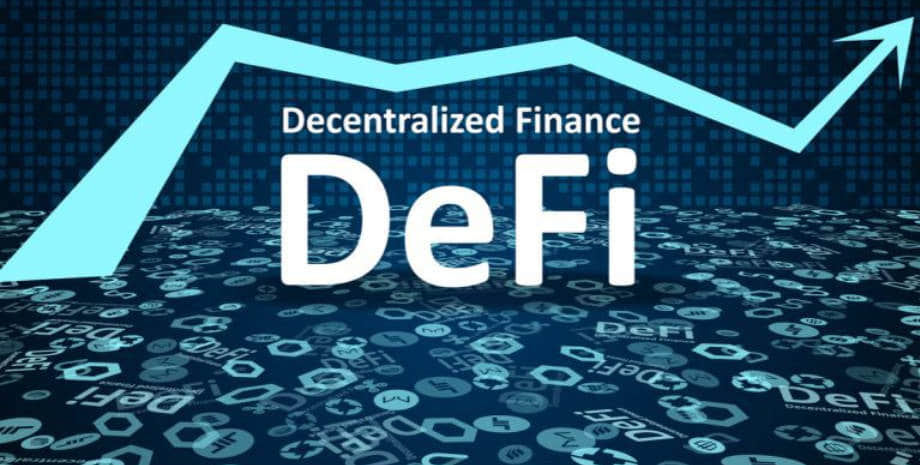From the bull market myth to imprisonment, what did SafeMoon do?
Unpacking SafeMoon Debunking the Bull Market Myth and Exploring the Journey to ImprisonmentOnce a Meme coin that rose 500 times in value, now completely dead.
Written by: Loopy
Recently, the news of the DeFi protocol SafeMoon being sued by a US regulatory agency has become a hot topic in the crypto community.
On November 1st, the US SEC filed a lawsuit against SafeMoon LLC, its founder Kyle Nagy, SafeMoon US LLC, CEO John Karony, and CTO Thomas Smith, accusing them of conducting a large-scale fraudulent scheme using the unregistered cryptocurrency asset SafeMoon. The charges include securities fraud, telecommunication fraud, and money laundering conspiracy. The US Attorney’s Office for the Eastern District of New York announced that John Karony and Thomas Smith have been arrested.
- Crazy bull market is coming? How to ride it?
- Solana: The Ethereum Killer Strikes Back with Firedancer
- LK Venture Research Report | Telegram vs Twitter Who will dominate the super application race in the Web3 era?
The price of the SafeMoon token once skyrocketed over 55,000% from March to April 2021, earning it the title “bull market legend.” However, with various negative news emerging, the token’s price crashed.
According to data from Coingecko, after the SEC’s lawsuit yesterday, the price of SafeMoon token dropped by over 50%, and there hasn’t been a significant rebound yet, as shown below:
What did SafeMoon do?
Why is SafeMoon accused of fraud? The criminal indictment filed by the SEC reveals the reasons behind its illegal actions.
The indictment states that the defendants and their company, SafeMoon US LLC, misled investors about the meaning of “locking liquidity” and used investors’ money to purchase a Porsche 911, real estate, and other luxury items.
SafeMoon emphasized in its promotion that it cannot create a “rug-pull” scam because it has “locked” its liquidity. However, this is actually a lie, as the project team has maintained control over the liquidity pool.
In addition, the team claimed that they did not provide any SafeMoon tokens for their personal use, but Karony and Smith discussed trading strategies to make a fortune. Karony once suggested to Smith to sell the tokens in the team’s wallet, but Smith warned that they needed to be more careful with their use of funds and expressed his frustration with reporting bank deposits to the US Internal Revenue Service. “If we’re not careful and don’t regularly file tax returns, the IRS will audit us heavily.”
When their SafeMoon tokens were successfully converted into another cryptocurrency (i.e., when the token dump was successful), they celebrated by saying, “IT’S FUCKING GO TIME.”
In addition, SafeMoon’s plan also involves a cryptocurrency exchange that has agreed to help distribute rewards to SafeMoon holders. Karony obtained $8 million in stablecoins from the exchange, which were supposed to be deposited into the liquidity pool. However, he transferred $1.5 million to the exchange and then withdrew $1.4 million in fiat currency to his personal bank account.
The SEC pointed out that the defendant admitted to price manipulation and withdrew over $200 million worth of crypto assets from the project, misappropriating investor funds for personal use.
The SEC believes that SafeMoon violated the provisions of the Securities Act of 1933 and 1934. “Unregistered products lack the required disclosures and responsibilities under the law, and they attract fraudsters like Kyle Nagy who exploit these loopholes to earn fees from others,” said SEC enforcement officer David Hirsch.
What is SafeMoon?
Many crypto newcomers may not be familiar with the SafeMoon project. During the 2021 bull market, it once set a record for price increase.
SafeMoon was launched on the BSC on March 8th, and its price soared over 55,000% between March 12th and April 20th, 2021, reaching a market value of $5.7 billion. It also briefly surpassed Dogecoin as the most searched cryptocurrency on search engines. However, SafeMoon’s liquidity pool was exposed to fail to be locked as claimed, leading to a near 50% token price crash.
SafeMoon’s uniqueness lies in its dividend mechanism, which has also led to the popularity of the Safemoon model, resulting in the emergence of hundreds of imitations in the market.
In simple terms, SafeMoon has a unique reward and punishment mechanism: the contract penalizes people who trade and rewards those who hold the coin. It collects transaction taxes and automatically adds them to the liquidity. Users can “sit and wait” for their coins to earn dividends without any action, simply by holding a balance.
Security vulnerabilities have long been exposed
In March 2023, SafeMoon experienced a security incident and lost $8.9 million due to a smart contract vulnerability. As the attacker could not be traced, the crypto community speculated that the vulnerability was intentionally left by the founding team as a backdoor.
In February 2022, many celebrities faced collective lawsuits for promoting SafeMoon, including musicians Nick Carter, Soulja Boy, Lil Yachty, and YouTubers Jake LianGuaiul and Ben Phillips.
According to the lawsuits, SafeMoon and its subsidiaries mimicked real-life Ponzi schemes, misleading investors to buy SafeMoon tokens with unrealistic profits as an excuse. The celebrities mentioned above convinced their fans to invest in the token, successfully hyping it up and artificially driving up the price.
We will continue to update Blocking; if you have any questions or suggestions, please contact us!
Was this article helpful?
93 out of 132 found this helpful
Related articles
- White Paper’s publication has reached its 15th year, how has the Bitcoin ecosystem evolved?
- Circ-le of Changes Consumer Accounts Phased Out, But Business and Mint Remain Minty Fresh!
- Stablecoins: The Steady Heroes of the Crypto World
- LianGuaiWeb3.0 Daily | a16z Plans to Raise Approximately $3.4 Billion for the Next Large Fund
- DeFi track is active again, one article summarizes the on-chain revenue strategies of Degen people
- How can DeFi protocols obtain exemptions under the European MiCA crypto regulations?
- LD Capital Track Weekly Report (10.30) Market Sentiment Bullish





